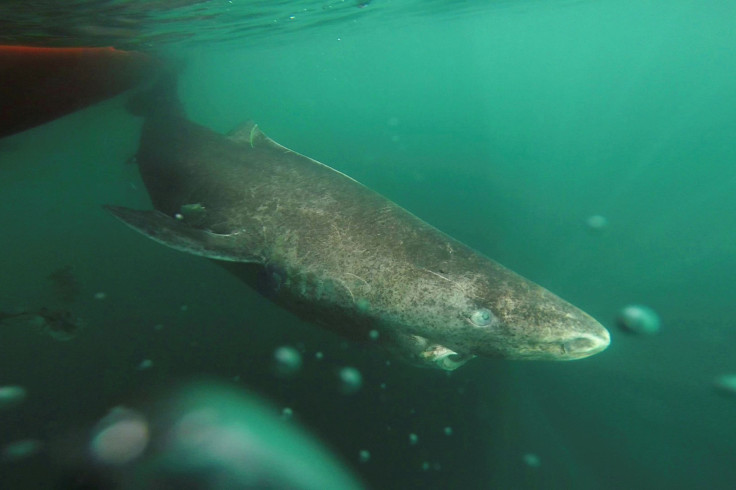Surfer Shark Attack On Reunion Island Leaves Man Without Arm And Foot

A man surfing with at least a dozen others off the coast of Reunion Island lost an arm and foot following a shark attack Saturday afternoon, according to Surfing Life. Laurent Chardard, 21, was attacked around 5 p.m. on the Boucan Canot beach before being rescued by a lifeguard and immediately taken to a hospital via helicopter. His right arm and right foot had to be amputated due to the severity of the shark wounds.
The shark attack is nothing new for the Island, a French property located in the Indian Ocean. Since 2011, the area has seen a slew of shark attacks including Chardard’s case, which is the 19th. As of 2016, seven of the attacks were fatal, reported Surfline. However, Chardard’s attack marked the first one since June of last year.
The government was forced to ban all surfing and swimming on the beaches back in 2013 when the attacks reached their peak. The beach had since opened following the installation of shark barriers and even monitoring technology to survey sharks in the area. Shark nets were first added in 2015, and the beaches were soon re-opened.
Because of the frequency of the attacks, the beaches were covered in anti-shark safety nets when Chardard suffered the attack. Apparently the surfer and the others were warned not to surf the beach after a hole measuring at more than eight feet was discovered in one of the nets. The hole, combined with a large swell that caused the waves to break out beyond the shark safety nets, proved to be the perfect recipe for the attack.
The International Shark Attack File released a report in early 2016 confirming 98 incidents of unprovoked shark attacks on humans occurred in 2015 worldwide.
© Copyright IBTimes 2024. All rights reserved.






















